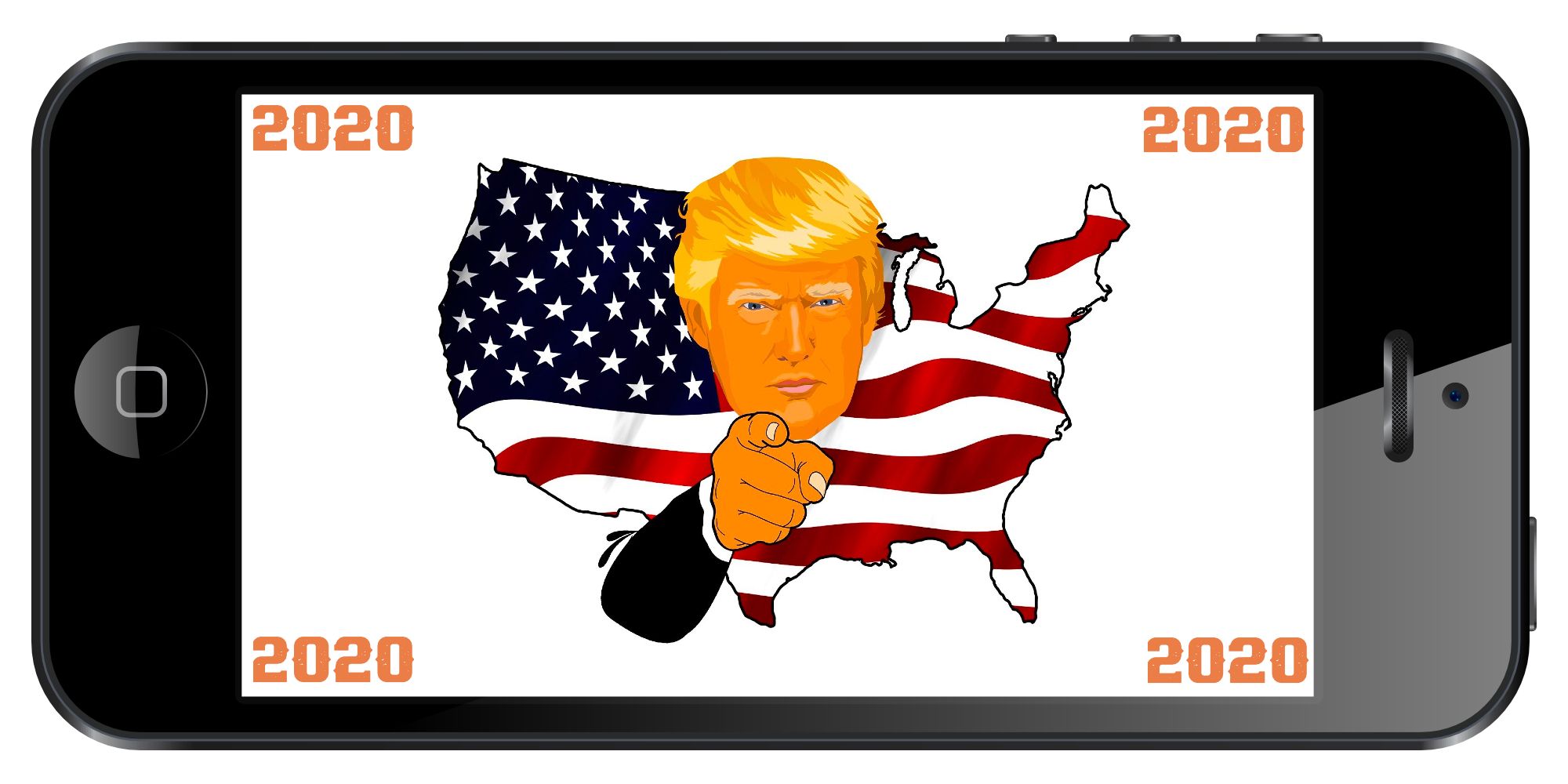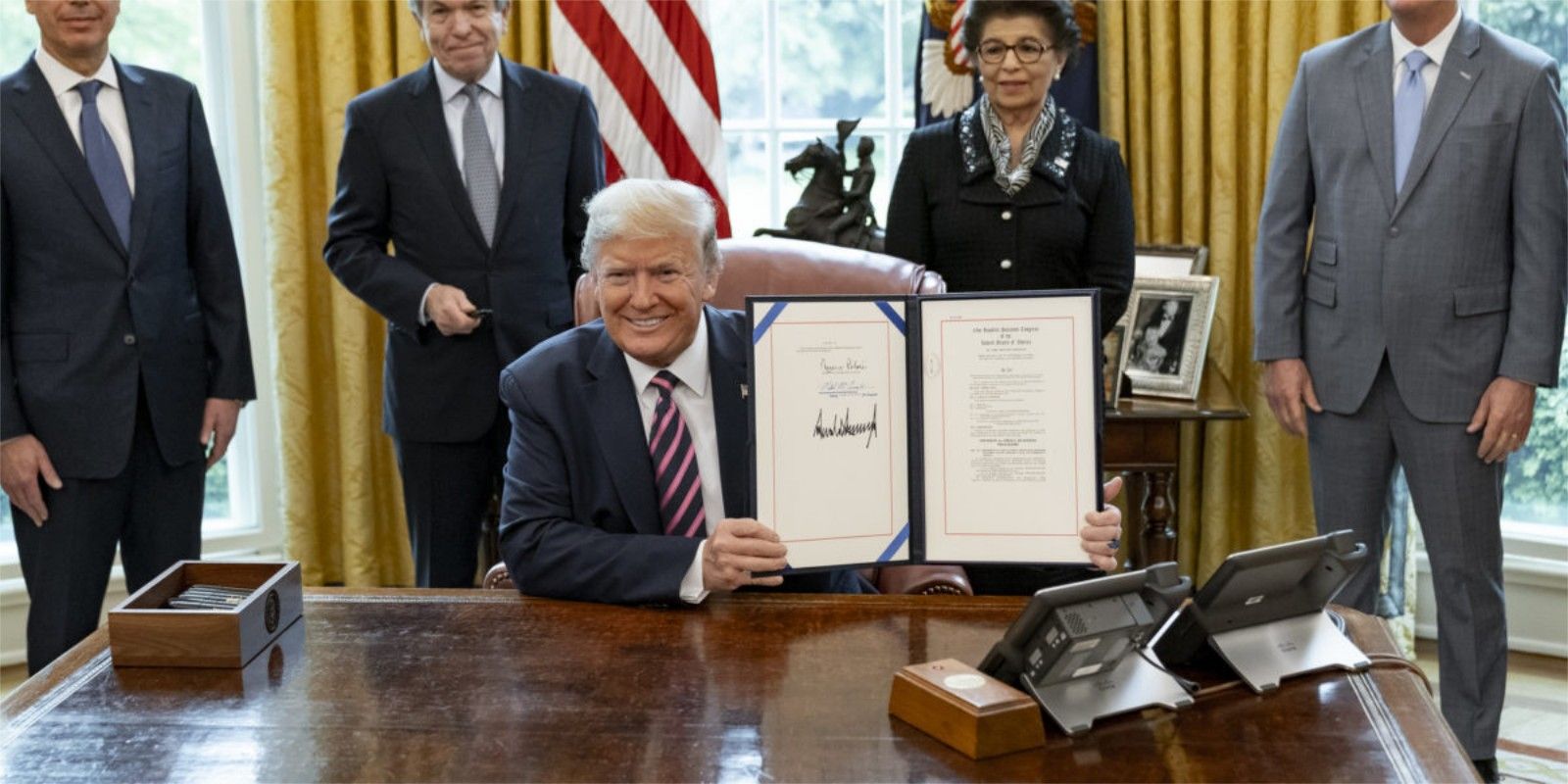As the U.S. presidential campaigns prepare for full-fledged political combat in the coming months, the Trump campaign has encountered a new kink in its smartphone communications strategy. Leading telecom companies, including AT&T, Verizon, and T-Mobile, have all identified Trump campaign messaging on their platforms as spam in contravention of government-issued policies. Specifically, the companies have removed messaging that is unsolicited and does not contain an opt-out choice. This recent challenge is another setback in a long line of challenges to Trump’s political communication strategies, such as the removal of a Trump tweet due to copyright infringement on Twitter.
The temporary shutdown of Trump’s messaging was costly, resulting in potentially lost donations, as well as in reduced outreach. It is merely a slap on the wrist though, similar to his recent Twitch suspension. Additionally, this interaction comes well ahead of the ramp up to the general election, providing time for Trump and other political actors to ensure that they are compliant and operating within a regulatory framework that is clear. There is also still time to ensure that the framework is one that will enable Trump’s political messaging strategies, though companies and consumers are unlikely to look favorably upon changes to consumer protections that would increase spamming. The current guidelines are actually very clear for political and economic actors seeking to send mass communications to their consenting followers and others that may have fallen into the web of their communications network.
Nonetheless, those within Trump’s inner circle suspect that a conspiracy is underway to suppress Trump’s attempts to reach new voters via text messaging, as well as other common technologically-enabled means of voter engagement. Politico reports that some within the campaign also believe that efforts to reach voters are being sabotaged as messages are sent to spam folders on Gmail. This, as well as the recent debate with telecom companies about spam messaging, have led Trump and his team to accuse companies of suppressing political communication. The charges of spam, however, have not been directed only at Trump, but have singed the campaigns of Bernie Sanders, as well as some Democratic political actors as well.
Donald Trump & The Politics Of Unsolicited Messaging
Political actors of all stripes have an incentive to engage in increased and unfettered digital communications with current and potential supporters as they seek votes, endorsements, and donations. These include not only calls for voter support, but also, potentially announcing ambiguously immanent violent action. With regard to the recent spam debate, citizens also have an interest in continuing to ensure that what they are “fed” is of high quality, that they have consented to receive political communications, or that they are given an opt-out choice when they do find themselves within the political dragnet.
While political actors’ potentially harmful and hateful speech is a hazier area within which to regulate, due to intense popular pressure to constrict the area of permissible speech, enforcing longstanding rules regarding copyright and consenting to receive communications from political or economic organizations remains relatively clear. It is also an area in which companies are responding to laws emanating from Congress and executive enforcement agencies. While incentives remain for politicians to attempt to shift the rules to permit unsolicited smartphone messaging, popular pressure is likely to result in a negative backlash against Trump or any other politician that attempts to promote such an agenda.
Source: Politico


